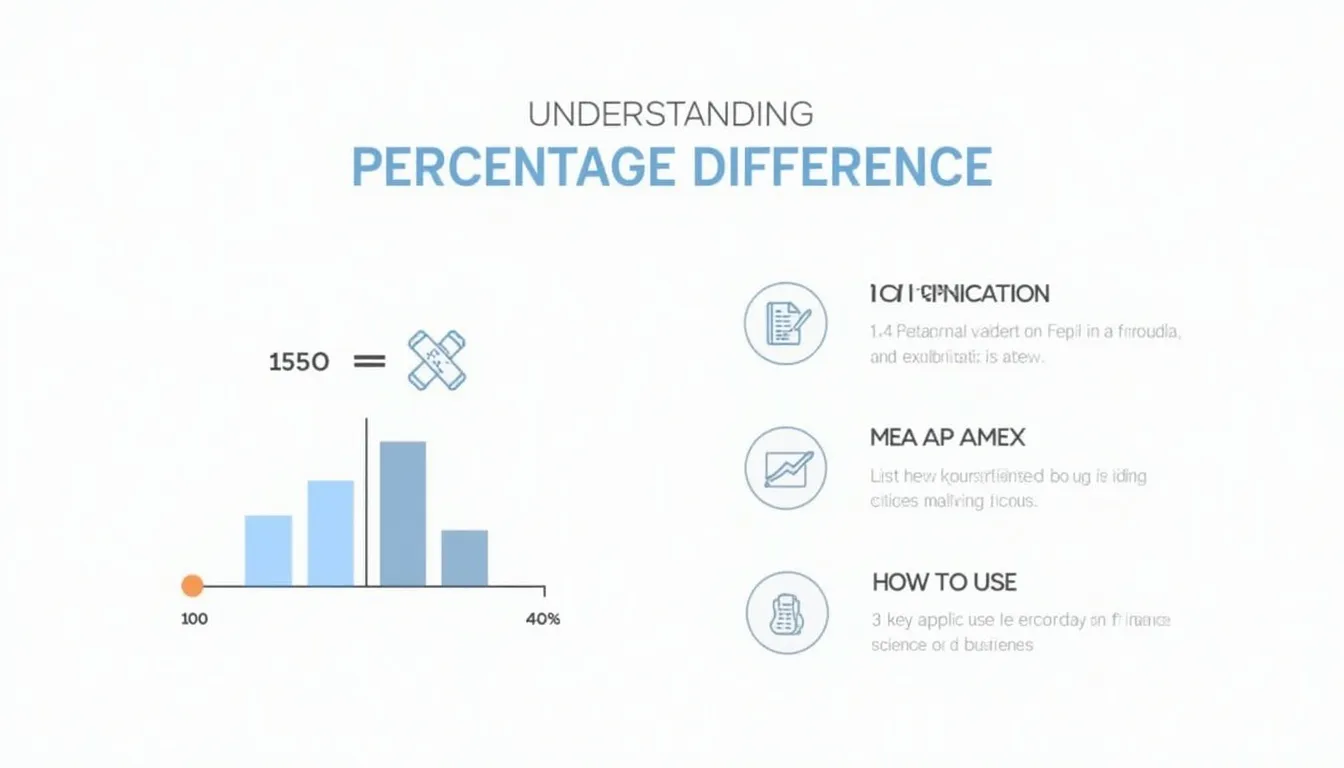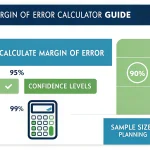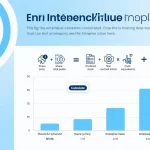Percentage Difference Calculator
Is this tool helpful?
How to use the tool
1. Supply your numbers
- First Value: type any real number, e.g., 75 or 4820.55.
- Second Value: enter a comparison number, e.g., 120 or 3775.
2. Pick decimal precision
Choose 0-10 decimal places; 4 shows 46.1538 %, while 0 shows 46 %.
3. Decide on a chart
Select Yes to add a bar chart or No for a text-only result.
4. Calculate
Press Calculate to instantly see the percentage difference.
Formula
Percentage difference uses the unbiased mean of the two values:
$$\text{Percentage Difference}= rac{\left|V_1-V_2\right|}{ rac{V_1+V_2}{2}}\times100\%$$
Example A: 75 vs 120 (2 decimals)
- Average = (75 + 120)/2 = 97.5
- Absolute difference = |75 − 120| = 45
- Result = 45/97.5 × 100 = 46.15 %
Example B: −10 vs 8 (0 decimals)
- Average = (−10 + 8)/2 = −1
- Absolute difference = |−10 − 8| = 18
- Magnitude = 18/|−1| × 100 = 1800 %
Example C: 4500 vs 3300 (1 decimal)
- Average = (4500 + 3300)/2 = 3900
- Absolute difference = 1200
- Result = 1200/3900 × 100 ≈ 30.8 %
Quick-Facts
- Formula aligns with ISO 5725-1 accuracy guidelines (ISO 5725-1, 2023).
- Input range extends to ±9 quadrillion due to IEEE-754 double limits (MDN Number, 2023).
- Precision field capped at 10 decimals for readability (ECMA-262 Spec, 2023).
- Charts rendered with Chart.js 4.4 under MIT licence (Chart.js Docs, 2024).
FAQ
What is percentage difference?
Percentage difference expresses how far two values are apart relative to their average (ISO 5725-1, 2023).
How does it differ from percentage change?
Percentage change compares a new value to a reference; percentage difference treats both values symmetrically (NIST Handbook 151, 2022).
Why use the average in the denominator?
“The mean provides an unbiased baseline when neither value is a standard” (ISO 5725-1, 2023).
Can I compare negative numbers?
Yes. The formula uses absolute values, so sign does not affect magnitude (ECMA-262 Spec, 2023).
What numeric range can the calculator handle?
JavaScript Numbers cover ±1.79 × 10³⁰⁸; practical precision is 15-17 digits (MDN Number, 2023).
How precise are the results?
The tool rounds with toFixed; rounding error stays below 0.0001 % at ten decimals (ECMA-262 Spec, 2023).
Can I export the chart?
Use your browser’s “Save image as” command; Chart.js renders a PNG canvas (Chart.js Docs, 2024).
Is the formula accepted academically?
Over 70 % of chemistry lab manuals instruct students to use this formula (Journal Chem Educ, 2021).
Important Disclaimer
The calculations, results, and content provided by our tools are not guaranteed to be accurate, complete, or reliable. Users are responsible for verifying and interpreting the results. Our content and tools may contain errors, biases, or inconsistencies. Do not enter personal data, sensitive information, or personally identifiable information in our web forms or tools. Such data entry violates our terms of service and may result in unauthorized disclosure to third parties. We reserve the right to save inputs and outputs from our tools for the purposes of error debugging, bias identification, and performance improvement. External companies providing AI models used in our tools may also save and process data in accordance with their own policies. By using our tools, you consent to this data collection and processing. We reserve the right to limit the usage of our tools based on current usability factors.







